 You know what’s more terrifying than writing a novel? Writing a synopsis of your novel. Just the word ‘synopsis’ is enough to make even an experienced writer break into a cold sweat. Or run away screaming.
You know what’s more terrifying than writing a novel? Writing a synopsis of your novel. Just the word ‘synopsis’ is enough to make even an experienced writer break into a cold sweat. Or run away screaming.
I’m not going to lie: writing a synopsis is hard. It’s confusing, frustrating, and overwhelming all at once. But it’s so important. Your novel may be brilliant, but if your synopsis is crap an agent or editor may never request to see it.
So how do you write a kick-ass synopsis? Let’s get down to it.
What is a synopsis?
A synopsis is a brief summary of your novel from its beginning to end, written in third person present tense. Yes, its end. You need to give away the ending! Spoilers be damned.
But here’s the trick. You’re not just giving us a play-by-play of the events in your novel. First this happens, then this happens, oh, then that happens–
Stahp. Don’t babble on like a six-year-old telling her mom about her day at school.
You need to leave stuff out. Resist the temptation to include every event, detail, and character. Only include the most important. And then tell us what happens in a compelling way.
But how do you make a synopsis compelling?
- Cut out the clutter and tell only the most important details.
- Use specific nouns and strong verbs
- Avoid passive voice–keep it active
- Use word choice and voice to reveal the tone of your story
- Be clear and avoid wordiness
- Reveal your character’s emotions and reactions to events
That last one is extremely important. Without it, your synopsis is just a dry, boring regurgitation of your story’s events. And word vomit isn’t going to agents and editors excited about your novel.
Remember, stories create an emotional experience for the reader. It’s why we read them. You need to give the agent/editor a taste of the emotional experience of your novel. To do that, you need to include how your character feels about what happens to him. With each turn of events, reveal his fear, excitement, hope, disappointment, etc.
Why do agents and editors want a synopsis?
Do they just enjoy torturing you? Do they sit in their little agent nests surrounded by slush piles and cackle at the thought of you slaving over your synopsis? It may feel like it, but no.
A synopsis lets the agent or editor inspect your story without having to read the book. It’s a way for them to determine if it’s worth their time. A synopsis will let them see if there are any plot holes, if the story’s all over the place, if it makes sense, and how unique (or cliched) it may be. Basically, they want to see 1) that you know what you’re doing 2) how your story is different & interesting.
How short does it have to be?
Typically, a synopsis is one single-spaced page. Yes, one. Try not to panic.
But that’s not always the case. If you have a really long novel (100k + words) you may need more space to get the story across. Always check the submission guidelines of the editor or agent first. Some will ask for a synopsis of 2-3 pages, others will want you to stick to one page. The point is, don’t make your synopsis too long. An agent doesn’t have the time or patience to read a 10 page synopsis when she has a stack of submissions to sort through.
What should I include in my synopsis?
That is the question, isn’t it? To tell, or not to tell. How do you decide? It can drive a writer mad. Here’s my break-down guide of what should be in your synopsis:
- A compelling hook and opening paragraph
- The story’s inciting incident.
- An introduction of your hero, including her goal, motivation, stakes, and internal/external conflict. Also let us know who she is at the beginning of the story.
- Any major characters who play a part in the events you will include. Tell us their relationship with the hero and how she feels about them. (Introduce them as they arise in your story’s events, not all at once).
- The event that causes your hero to decide to commit to the story’s problem and take action. (Why can’t she ignore it any more?)
- The main events that oppose your hero and keep her from achieving her goal. Also, how these events change/challenge who she is and cause her to grow.
- The main events that advance the story.
- How the relationship between your hero and any important characters changes over the course of the story. (For example, if you have a love interest).
- Any important plot twists.
- Your hero’s darkest hour/all hope is lost moment (if you have one) and what causes her to bounce back and try again.
- The climax–the final showdown where your story’s conflict comes to a head.
- The resolution of the conflict and your story’s ending. Did your hero achieve her goal or fail? Also, reveal how your hero is different at the end of the story vs. the beginning (aka the character arc).
- Throughout these events, remember to weave your hero’s emotions, reactions, and decisions.
It’s a lot to cram into one page, I know. You’re probably already getting the synopsis sweats. But take a deep breath. You can do this. You wrote an entire novel, by golly. You can write this synopsis. It will probably take several drafts and many tears and screaming, but you can write this.
The First Paragraph
Before you launch into a full onslaught of what happens in your book, you need to set it up for the agent or editor. Your first paragraph should try to include:
- A first sentence that hooks the reader
- The setting and, if relevant, the time period
- A premise that reveals how your story is different or interesting
- Your hero, and why she’s interesting/likable
- The goal, conflict, and stakes
Synopsis Examples
Okay, so what the heck does a synopsis look like once you have it written? Click here to check out some examples of successful synopses that got their author’s published.
Also, keep in mind that there’s more than one way to write a synopsis! It’s up to you to organize and present the information in the best, most compelling way possible, and to decide what’s most important to include for your story.
Do you have the synopsis sweats? Share your struggles, worries, and tales of woe in the comments!










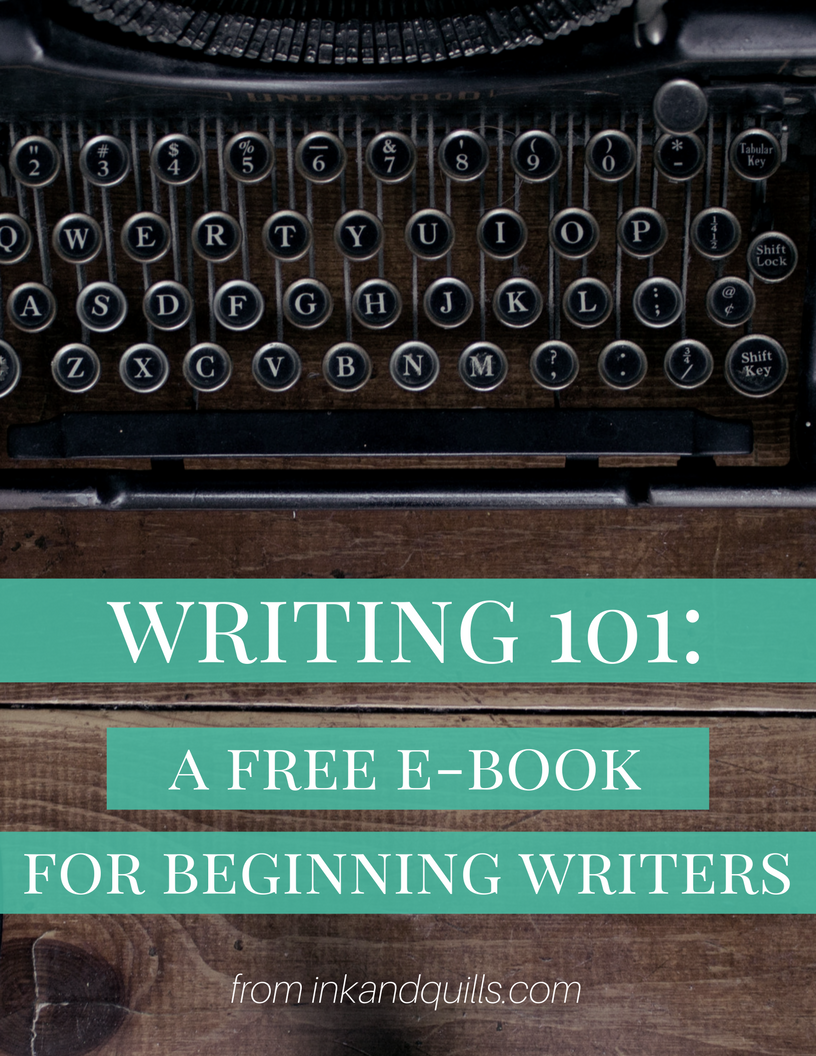

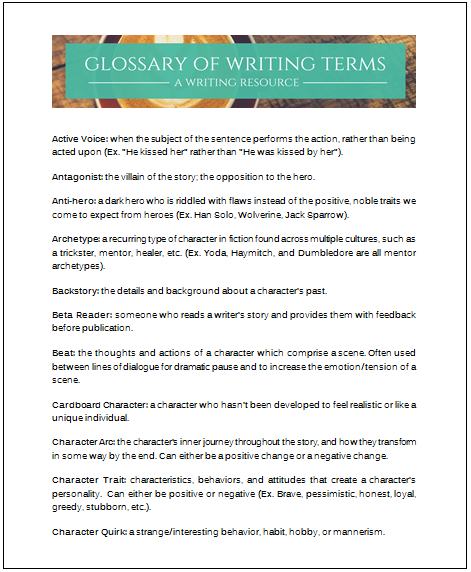

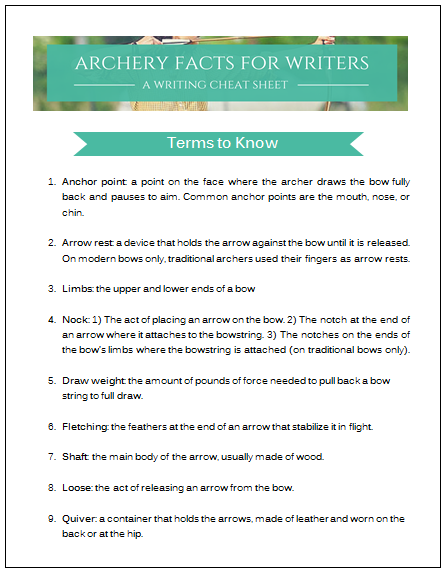



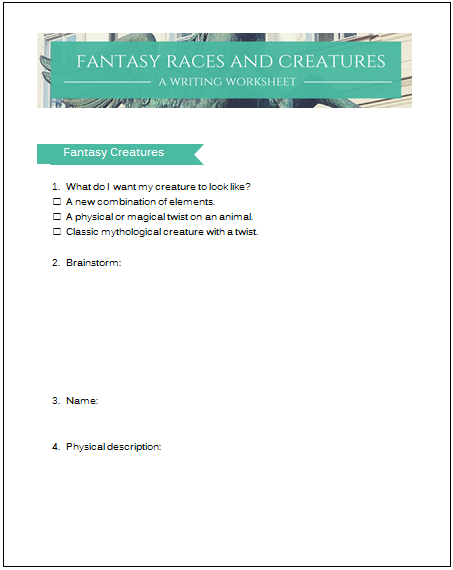


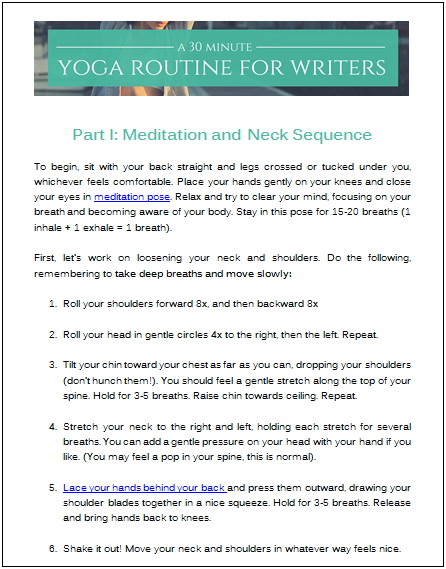
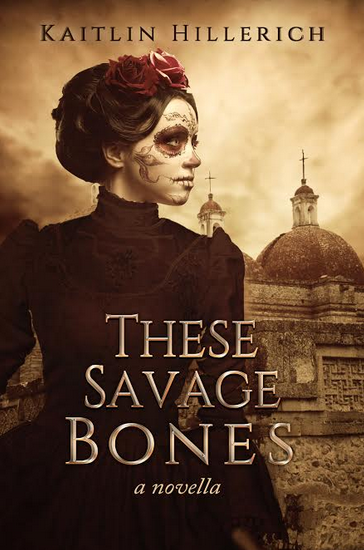
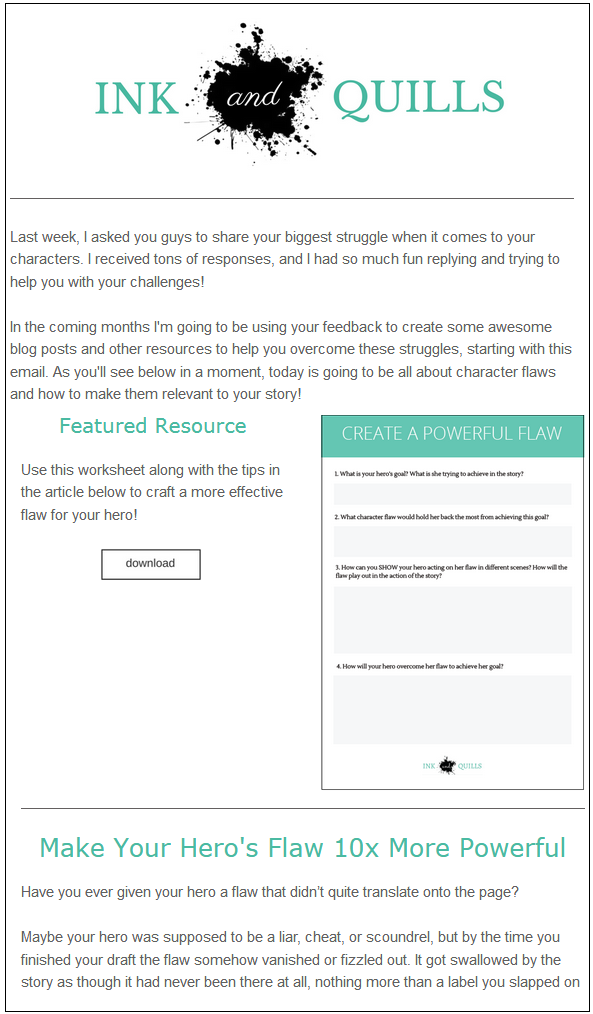
Hi Kaitlin! How spooky – I’ve been writing my synopsis over the last few days, and your advice here is perfectly on-point, just like reading a professional editor’s advice chapter in a book! Synopses are VERY hard to write, as I always feel like I’m leaving out something important, but I have to admit I’m getting better as I write more, at condensing down my story into the key components.
All of the tips here are superb, I’ve used many of them already, and I’ll be sure to use the rest to polish my manuscript into shape!
Thanks so much for writing this post!
Aww Brett! *blushes* Thanks so much for the compliment! I’m glad you found some useful info in the post! Synopses are definitely a beast, I dread having to write mine. Blech. Hope yours is shaping up well!
Thank you so much for posting this!
You’re very welcome!